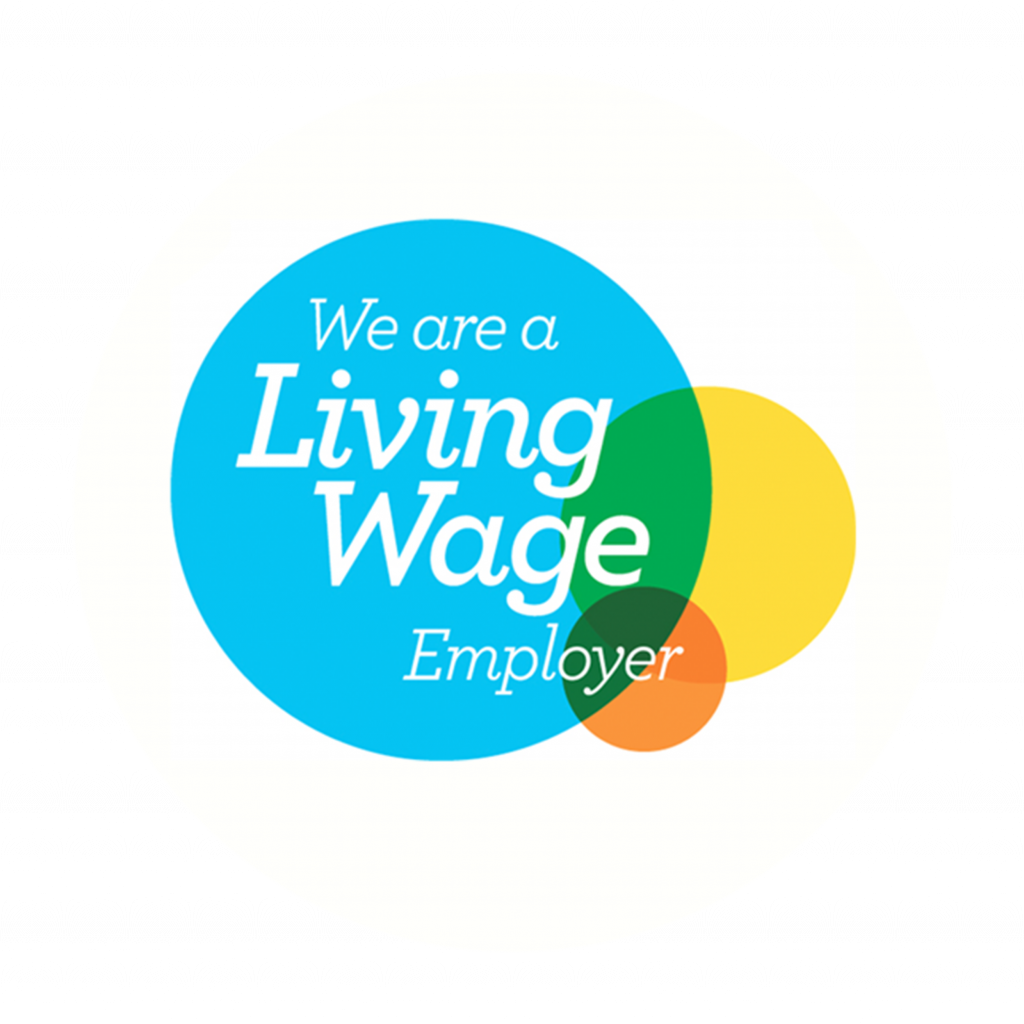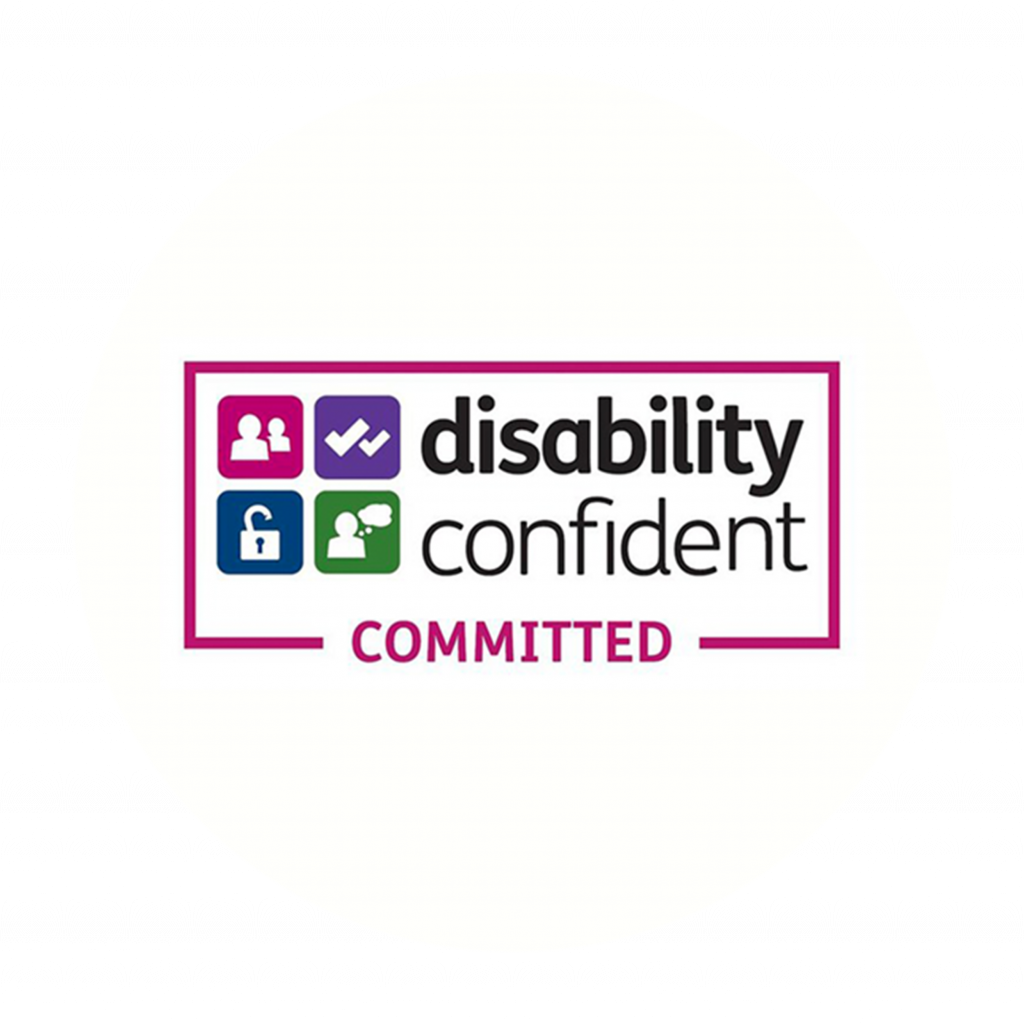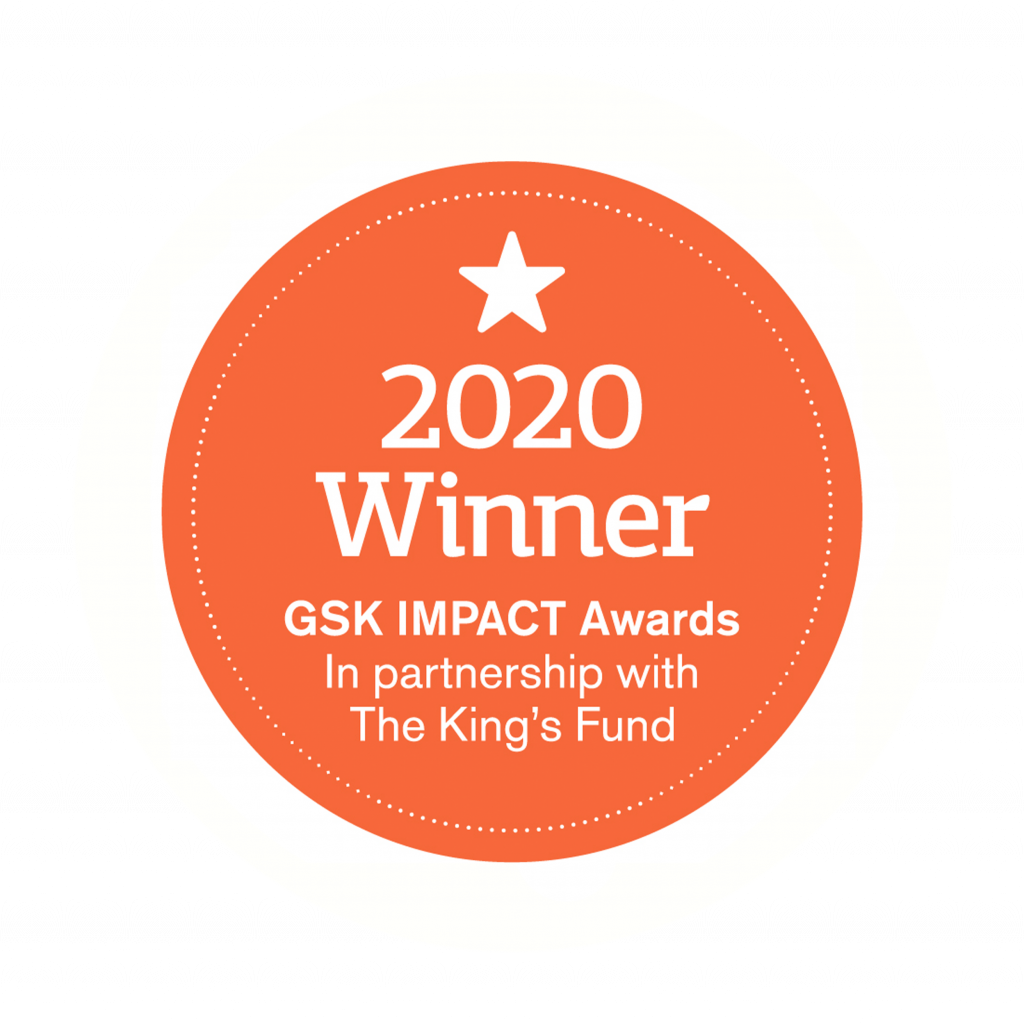Meaningful music on Social Prescribing Day 2024
Social prescribing connects people to non-medical support, activities or services, to address issues that may impact a person’s health.
Playlist for Life is one of many non-medical interventions that can support a person living with dementia. The use of personally meaningful music can support people to connect with themselves, others and the wider community.
Over two decades of research shows personally meaningful music can improve the quality of life of people living with dementia. It can relieve some of the most distressing symptoms, reduce the need for medication for some people and help people live a full life.
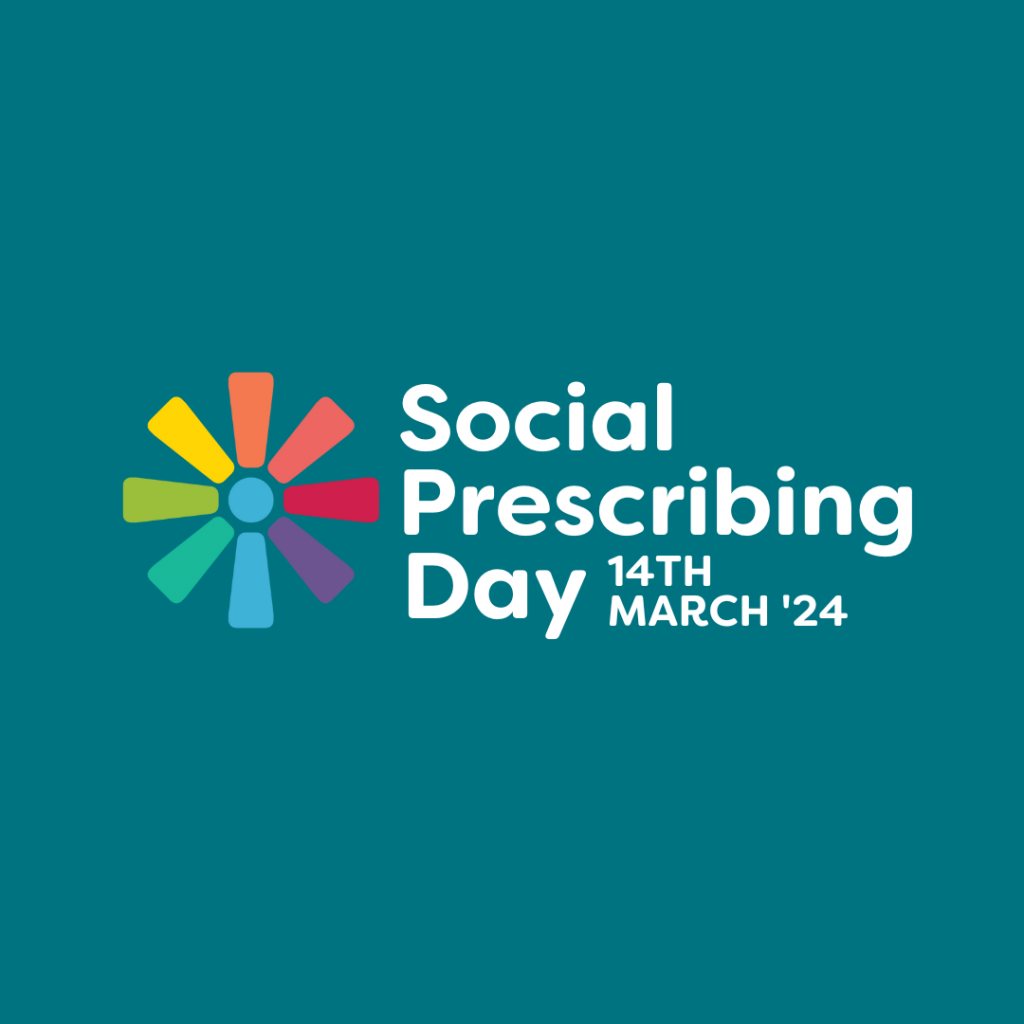
Case Study – playlists reduce the need for medication in care home
Playlist for Life has worked with Lillyburn Care Home and the Birdston Day Care Centre for many years. Like many care homes, nursing staff at Lillyburn sometimes must administer medication to lessen feelings of anxiety and distress that residents living with dementia may experience.
In 2018 music helped bring about a 60% drop in the use of sedative drugs at Lillyburn, proving the powerful effect personal playlists had on residents’ moods.
After introducing playlists into dementia care, the GPs who work with the home were so impressed with results that they started entering playlists on the residents’ medical records. Now, staff at Lillyburn will reach for music before medicine. Watch the BBC report here.

“Initially I was a bit sceptical that prescribing it was actually going to make a difference, but it seems as though it reinforces to the staff that this is a good thing to use, which then means they need to use less medication.”
Dr Janet McMillan, Lillyburn Care Home
Personally meaningful music can enhance person-led care. Playlists being part dementia care and support in the community can help people living with dementia live a full life and engage with other services.

”I can say hand on heart doing this changed my life.
“Music re-wired me, it enabled me to get back in connection with this hobby I had [painting]…I was baffled, bewildered, lost because. So for about two weeks I just sat and listened to 1960s music, really rather loud. Almost by magic my interest and desire to paint and draw returned. “
Willy, who lives with young onset dementia
Connecting people to meaningful music across the UK
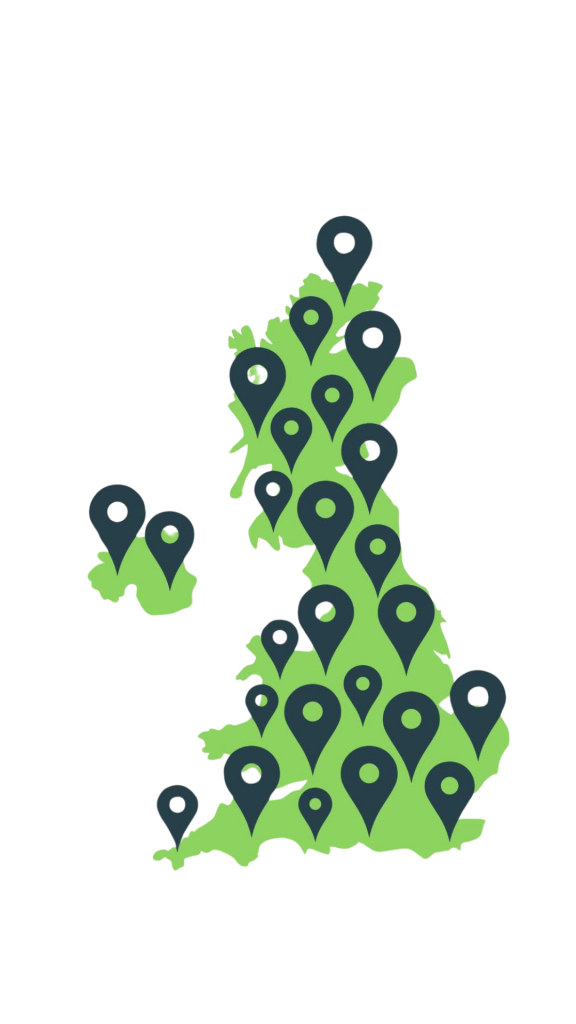
We support people living with dementia through our partnerships with over 2,500 Help Points: local community groups and organisations around the UK that can offer information and support, helping people to benefit from the power of personalised playlists.
The new national dementia strategy for Scotland signposts to Playlist for Life as ‘non-pharmacological intervention’ that ‘may improve cognition, social engagement and quality of life and decrease stress and distress.’
All libraries in Northern Ireland are signed up as community Help Points sharing resources, leaflets and advice with local people.
In Wales the government has celebrated the use of personalised music in care.
In England we have over 1,500 Help Points and students in Liverpool are helping local families create playlist and connect.
From raising spirits to reducing anxiety, creating playlists has changed the lives of residents living with dementia at @TyEnfysCare home 🥰🎶
— Welsh Government (@WelshGovernment) January 19, 2023
Watch to find out more about the @PlaylistforLife project 👇 pic.twitter.com/yn2aOgl15m
It's so simple, but music can be an effective intervention for people living with dementia. Nurse expert @deanmcshane123 explains the clinical benefits and how to use @PlaylistforLife to incorporate music into your nursing practice.
— The RCN (@theRCN) October 25, 2023
Watch the full video: https://t.co/771RW7ISEB pic.twitter.com/zbWIybwO6U
Get started with personalised playlists
Our free resources can help people get started on created their playlist or a playlist for loved one. We also have a network of 2,500 community based Help Points sharing resources and advice with local people.
If you work in social prescribing and would like to learn more about personally meaningful music can help people living with dementia sign up to our introduction to playlists online course here:

